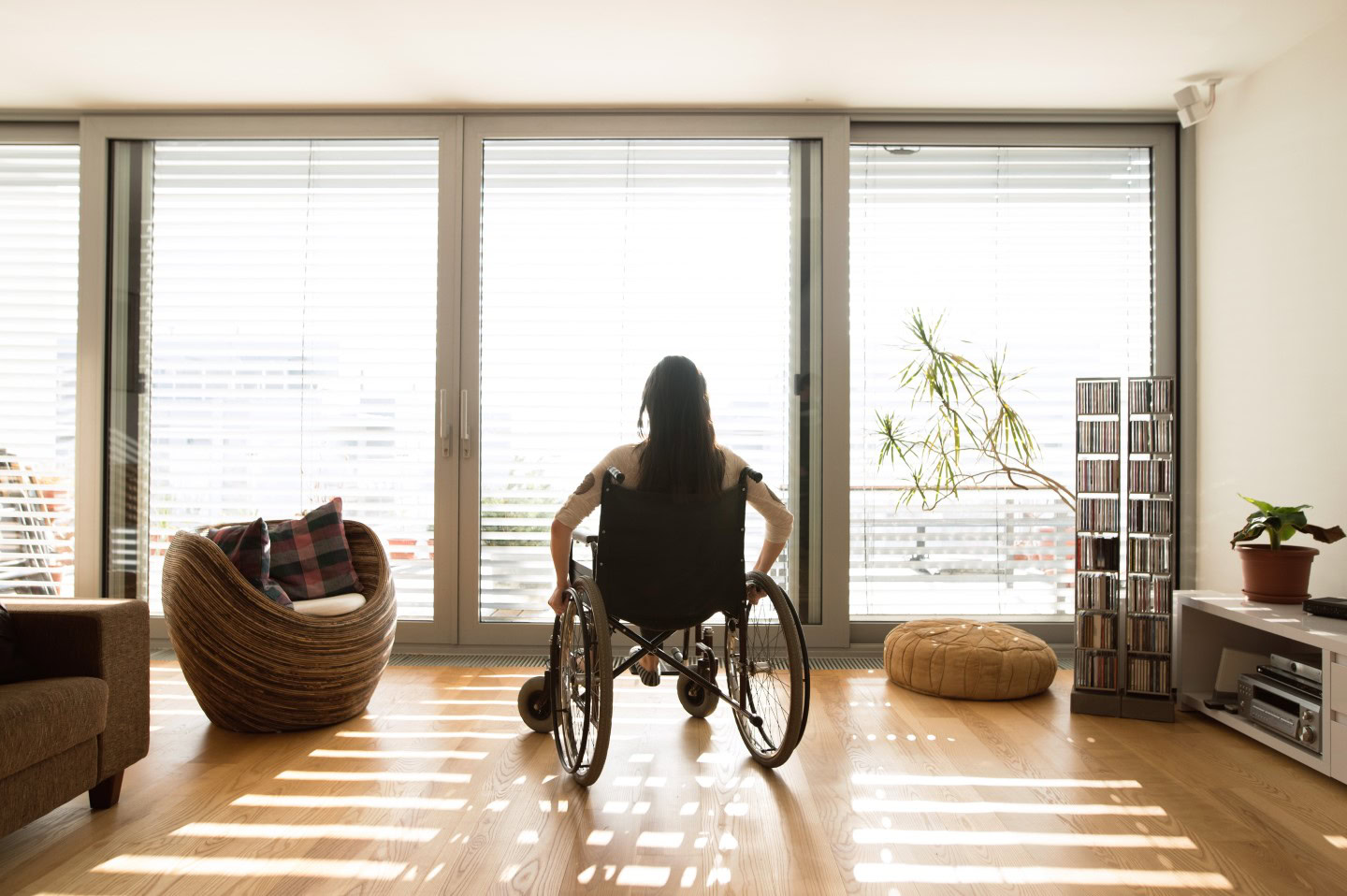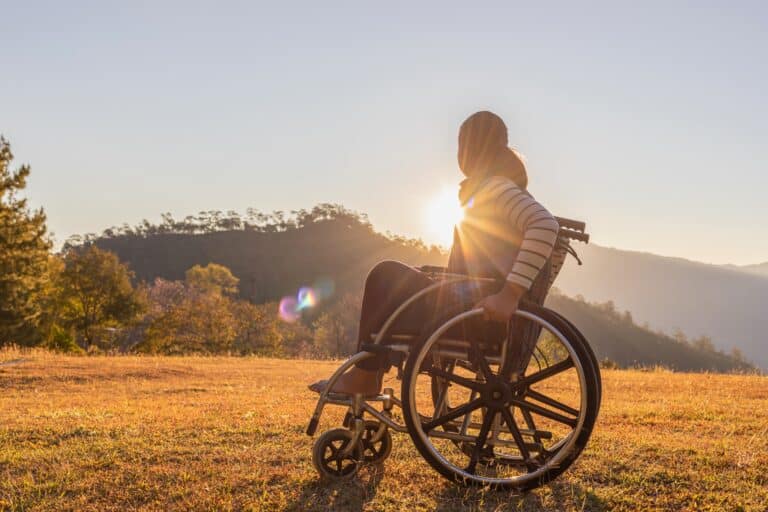
Women with spinal cord injuries deserve equal healthcare access – but they’re not getting it
Women with spinal cord injuries (SCI) face significant barriers to essential healthcare like cervical screenings and mammograms.
It’s 2025, yet many are still denied access due to lack of accessibility—such as height-adjustable beds or scanners. These obstacles, compounded by harmful stigmas, prevent women with spinal cord injuries from receiving the same preventative care as others.
Following an invitation from the Spinal Injuries Association, I recently attended a Parliamentary roundtable discussing women’s health after spinal cord injury and a powerful statement from the group was: “You can’t separate me from my spinal cord injury, I am one.”
This perfectly captures the lived reality of women with SCI. These women are often viewed solely through the lens of their disability, ignoring the diverse needs and experiences that make each individual unique.
This mindset leads to harmful assumptions, like women with SCI not needing contraception, screening, or even the possibility of pregnancy.
The logistical barriers—coupled with these stigmas—are not just inconvenient, they are dangerous.
Denying access to preventative care leads to later-stage diagnoses and increased costs to the NHS. Yet, as was described at the roundtable, the persistent attitude continues to be a barrier to progress.
It was disappointing to hear stories of a lady who had she been able to access the service for a mammogram would have spotted breast cancer but when she subsequently re attended the cancer had spread to her lymph nodes. Another individual reported that she was asked why she needed screening or contraception because there was an assumption that she could not be sexually active.
The Spinal Injury Team at Bolt Burdon Kemp has previously advocated on these topics through webinars, which you can access here.
And we will continue to raise awareness and push for change. It’s time for attitudes to shift – we need to ensure women with SCI are not excluded from vital healthcare. They deserve equal healthcare, and these women should not have to ‘desensitise’ themselves to comments made.










